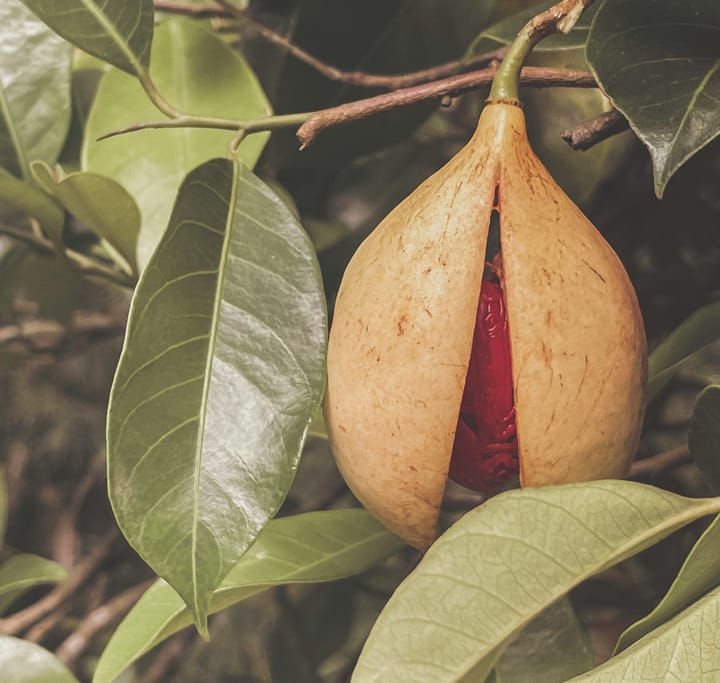The Most Coveted Shrimp in the Culinary World
Shrimp, celebrated for their crisp texture and sweet, nutty flavor, are among the most coveted ingredients in global cuisine, cherished for their versatility and exceptional quality.

Shrimps, also known as prawns, are among the most popular seafood globally, and for good reason.
Their preparation possibilities are incredibly versatile, making them a favorite in kitchens around the world.
Renowned for their crisp, firm texture and a delightful flavor profile that blends nutty, sweet, and mineral notes, shrimp have become a cornerstone of global gastronomy.
Their adaptability allows them to shine in a myriad of dishes, from elegant fine-dining creations to comforting home-cooked meals.
Among the countless varieties available, a select few stand out as unparalleled delicacies.
These prized shrimp are celebrated for their unique flavors, exceptional textures, and distinct origins, making them some of the most sought-after ingredients in the culinary world.
Here’s an in-depth look at the most coveted shrimp in the culinary world:
1. Carabineros Shrimp (Scarlet Shrimp)
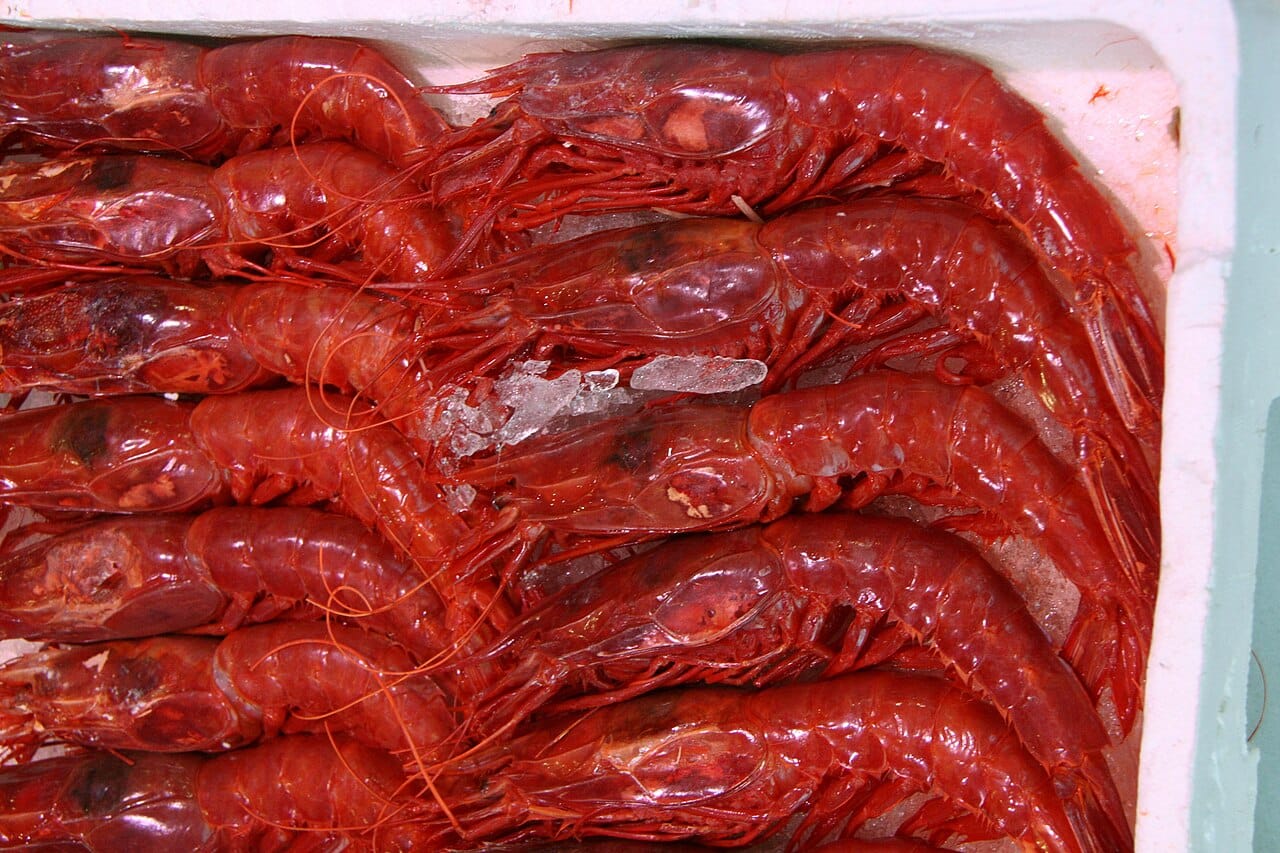
Carabineros shrimp are strikingly vibrant red, even when raw, with long antennae and robust bodies.
- Origin: Eastern Atlantic Ocean, Mediterranean Sea, and occasionally off the coast of West Africa.
- Why It’s Coveted: Carabineros shrimp are renowned for their bold, ruby-red shells and luxurious taste. Their intense flavor, reminiscent of lobster with a subtle sweetness, makes them a culinary gem.
- Flavor Profile: Rich, sweet, and slightly briny with a full-bodied umami essence. The shells and heads are especially prized for their concentrated flavor.
- Culinary Uses:
- Frequently served whole to showcase their striking appearance.
- Used in gourmet seafood paellas, risottos, and bouillabaisse.
- The shells and heads are often used to create intensely flavored broths, bisques, or sauces.
- Popular in: Spain, Portugal, and France.
2. Spot Prawns
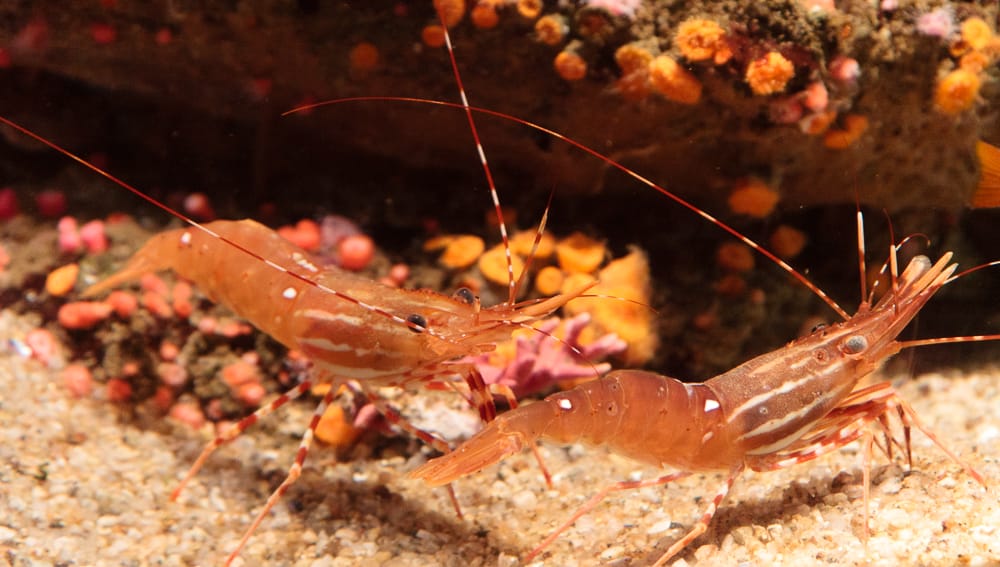
Spot prawns are medium-sized with translucent, pale pink shells and distinctive white spots on their tails.
- Origin: North Pacific Ocean, especially British Columbia, Alaska, and Japan.
- Why It’s Coveted: Spot prawns are prized for their natural sweetness and tender texture. They are sustainably harvested, adding to their appeal in modern cuisine.
- Flavor Profile: Sweet, buttery, and delicately briny, with a firm texture that makes them ideal for raw preparations.
- Culinary Uses:
- Sashimi or sushi in Japanese cuisine to highlight their pristine flavor.
- Lightly grilled or steamed to preserve their delicate texture.
- Featured in ceviche, stir-fries, and seafood cocktails.
- Popular in: Japan, Canada, and the United States.
3. Blue Shrimp (Pacific Blue Shrimp)
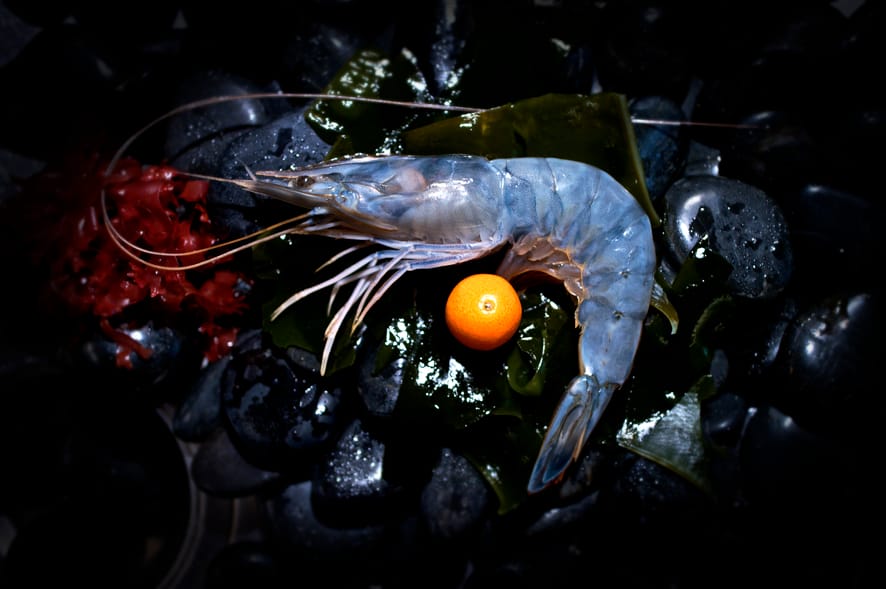
The Pacific blue shrimp has a striking bluish tint when raw, which turns pinkish when cooked.
- Origin: Sea of Cortez, Mexico, and parts of the Pacific Ocean.
- Why It’s Coveted: These shrimp are distinguished by their translucent blue hue when raw and a clean, sweet flavor. Their rarity and exclusivity make them highly desirable.
- Flavor Profile: Sweet and mild with a clean finish, making them an ideal canvas for various flavors.
- Culinary Uses:
- Perfect for ceviche, allowing their freshness to shine.
- Light sautés or poaching to enhance their natural sweetness.
- Served in Mediterranean dishes paired with olive oil, lemon, and fresh herbs.
- Popular in: Mexico and the United States.
4. Tiger Prawns
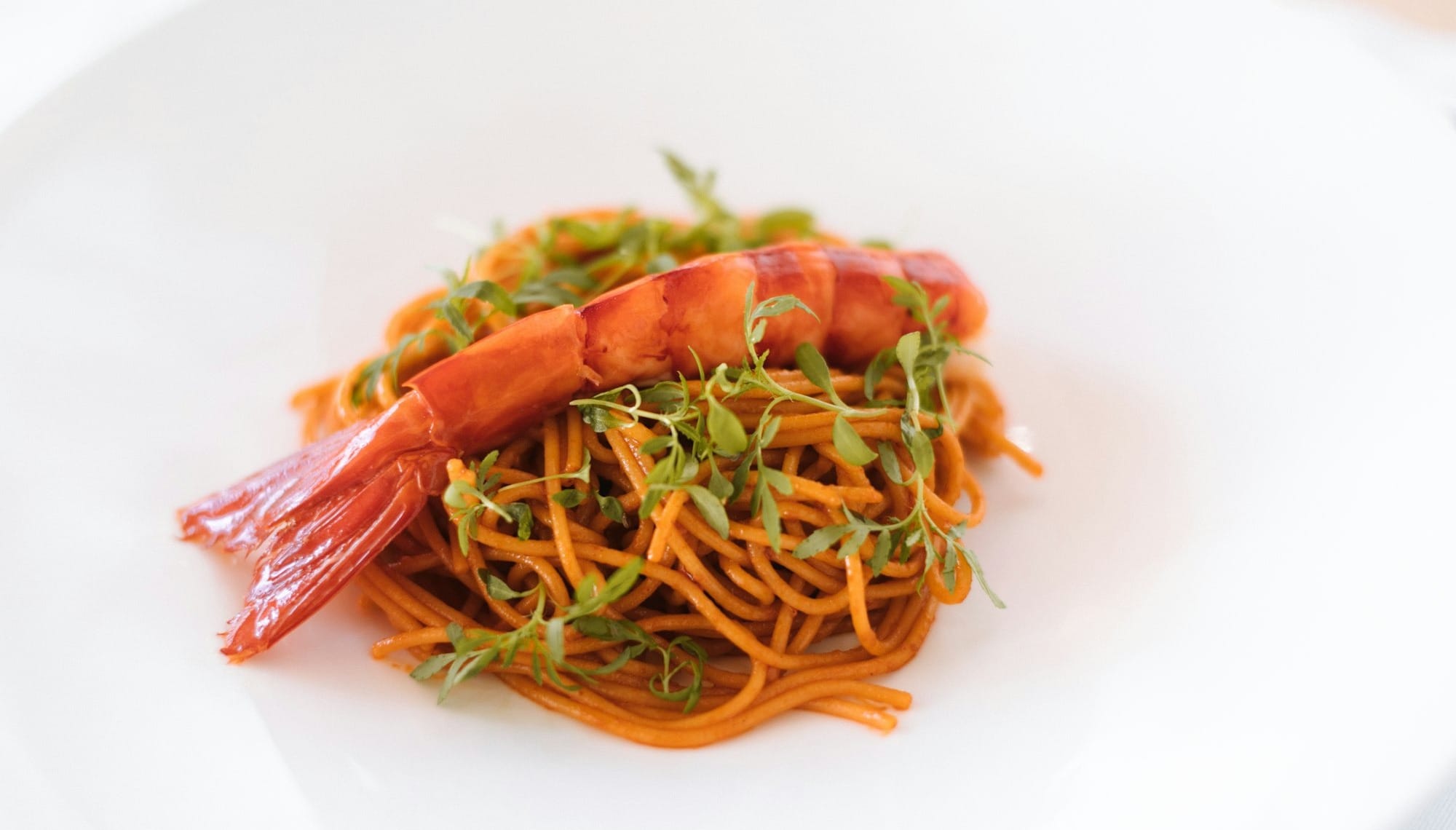
Tiger prawns are large, with sleek black-and-orange striped shells that resemble a tiger's coat.
- Origin: Indian Ocean, Southeast Asia, and parts of Australia.
- Why It’s Coveted: Known for their impressive size and striking black-and-white striped shells, tiger prawns are loved for their robust flavor and versatility.
- Flavor Profile: Mildly sweet with a meaty texture, perfect for absorbing marinades and spices.
- Culinary Uses:
- Grilled with garlic butter or spices for bold flavors.
- Added to curries and stews where their size and texture hold up well.
- Served as a centerpiece in surf-and-turf dishes.
- Popular in: Thailand, India, and Singapore.
5. Amaebi (Sweet Shrimp)
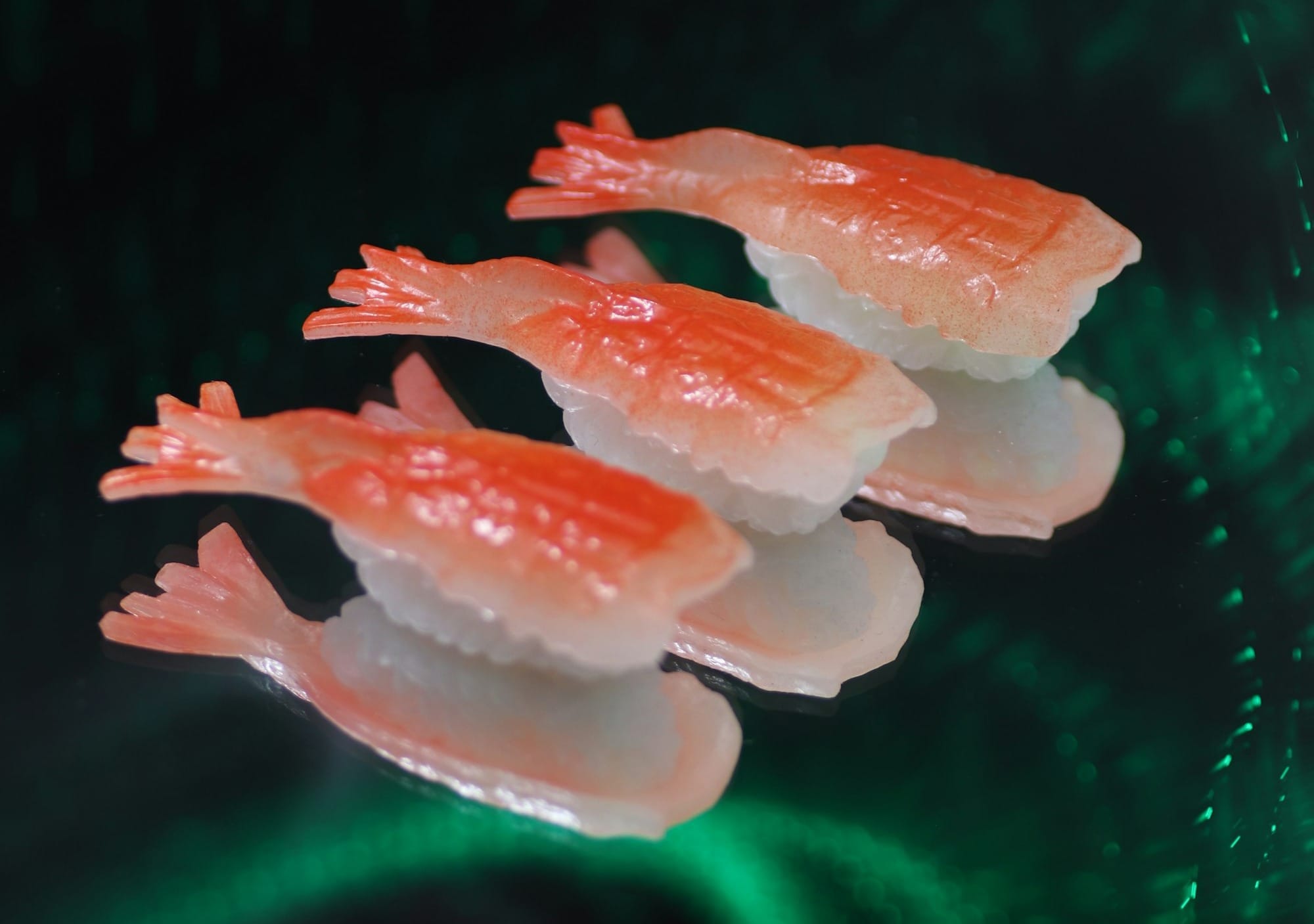
Amaebi are small, translucent pink shrimp with a glossy appearance and soft texture.
- Origin: Northern Pacific Ocean, particularly around Japan and Canada.
- Why It’s Coveted: Amaebi are cherished for their delicate sweetness and silky texture. Their freshness is paramount, as they are often eaten raw.
- Flavor Profile: Sweet, creamy, and subtly briny, with a melt-in-your-mouth consistency.
- Culinary Uses:
- Served raw as sushi or sashimi, often paired with soy sauce and wasabi.
- Lightly seared to enhance their natural sweetness.
- Heads are often deep-fried as a crispy, flavorful delicacy.
- Popular in: Japan and Canada.
6. Royal Red Shrimp
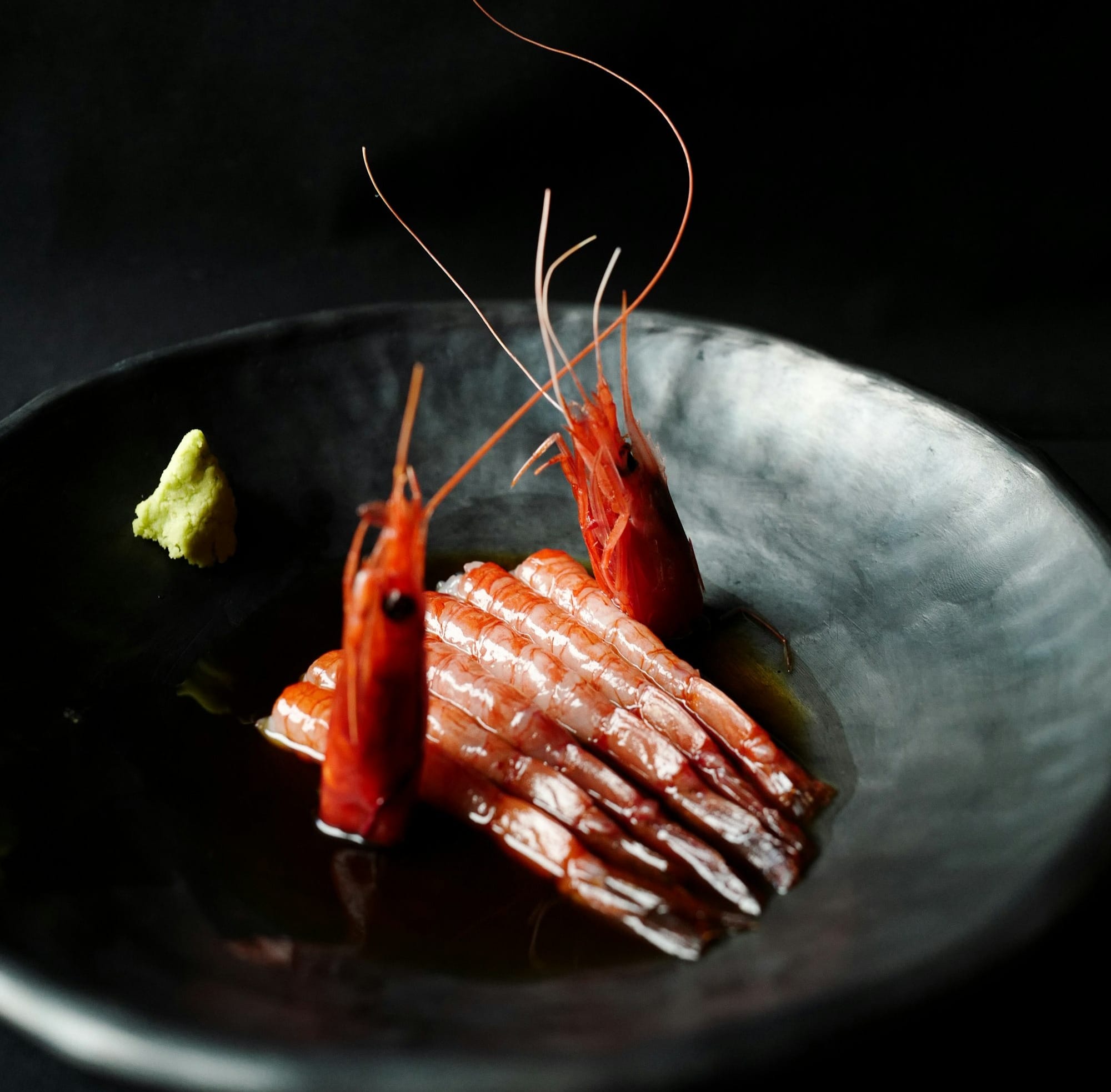
Royal red shrimp have soft, deep red shells and tender flesh.
- Origin: Deep waters of the Gulf of Mexico and the Atlantic Ocean.
- Why It’s Coveted: Harvested from depths of up to 2,000 feet, these shrimp are known for their tender meat and sweet, lobster-like flavor. Their rarity and delicate handling make them a true luxury.
- Flavor Profile: Sweet, rich, and buttery, with a texture that is softer than most shrimp.
- Culinary Uses:
- Simply steamed or boiled to retain their natural sweetness.
- Tossed in garlic butter or citrus-based sauces for a refined flavor.
- Used in pasta dishes or seafood sautés to elevate the dish.
- Popular in: United States and Italy.
7. Langoustines (Norway Lobster)
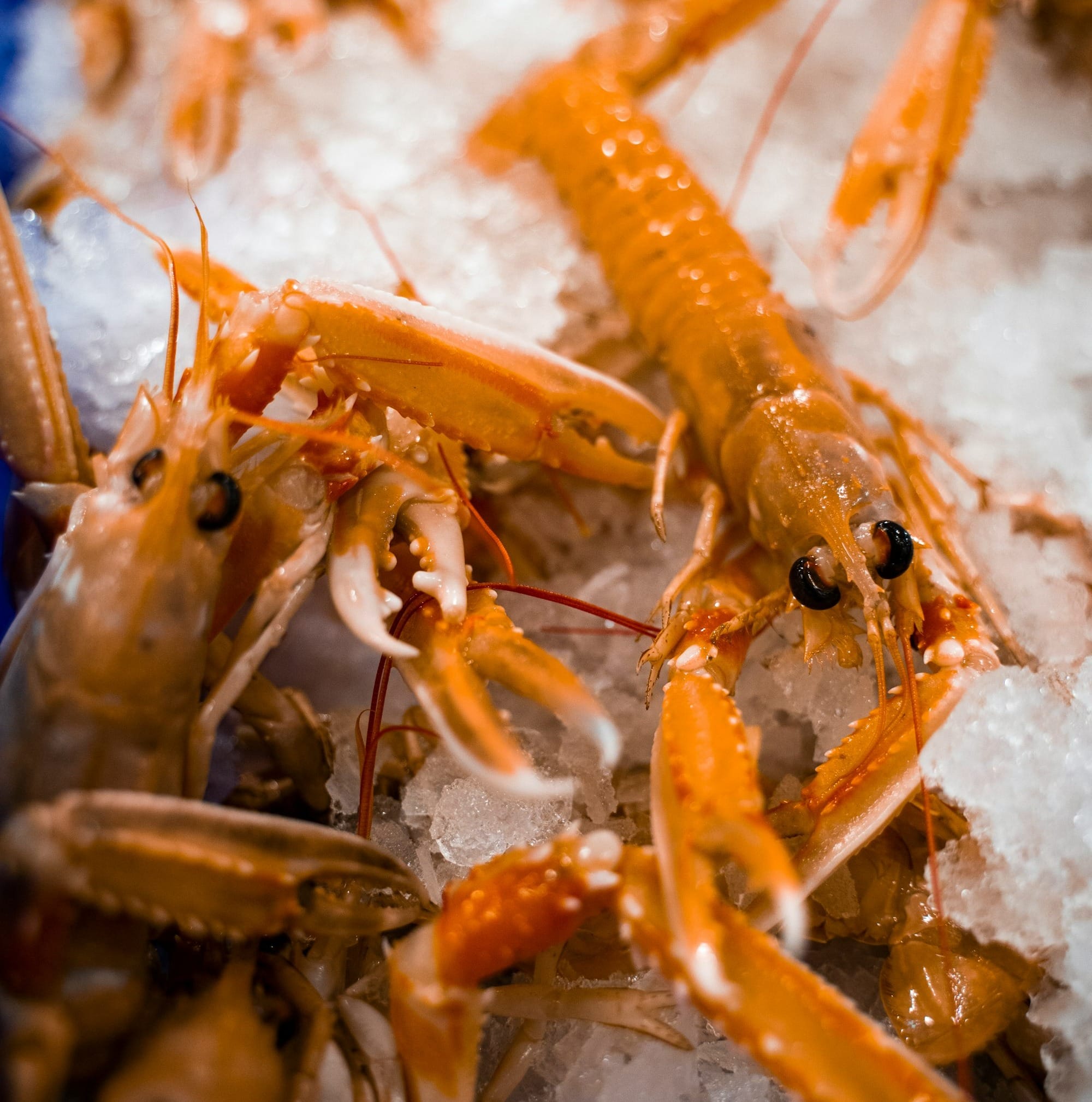
Langoustines are slender, pale orange-pink crustaceans with long, narrow claws.
- Origin: North Atlantic and Mediterranean Sea.
- Why It’s Coveted: Technically closer to lobsters, langoustines are often referred to as "the shrimp of kings." Their sweet, delicate meat is a rarity due to their challenging harvest.
- Flavor Profile: Sweet, tender, and slightly nutty with a refined taste.
- Culinary Uses:
- Grilled or roasted with herbs and butter for an elegant presentation.
- Featured in bouillabaisse or seafood stews.
- Served chilled with aioli or in luxurious seafood platters.
- Popular in: France, Italy, and the United Kingdom.
8. Botan Ebi (Peony Shrimp)
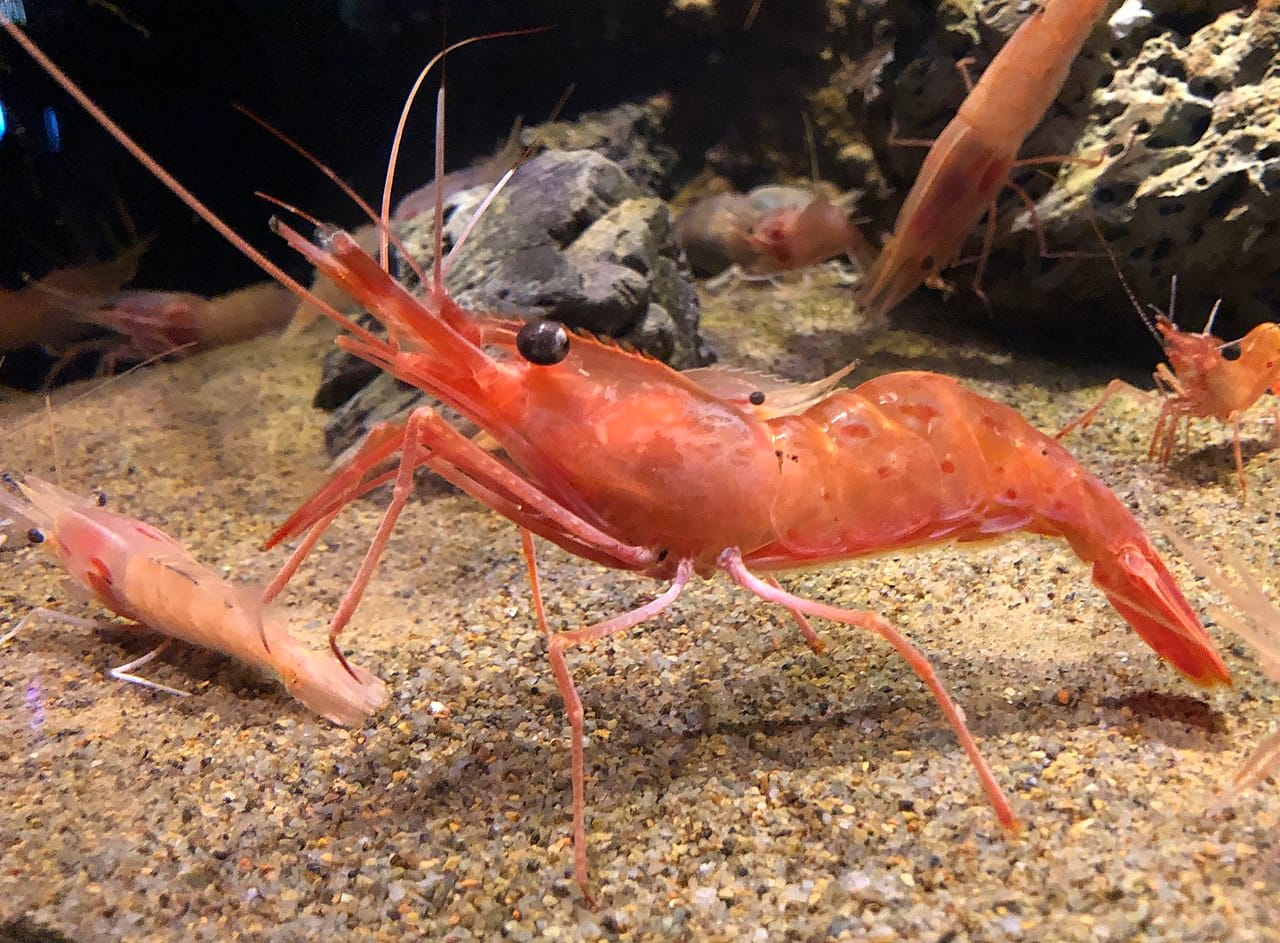
Botan ebi are large, with translucent pink bodies and bright red tails.
- Origin: Northern Pacific Ocean, particularly Japan.
- Why It’s Coveted: Botan Ebi, or Peony Shrimp, is considered one of the most luxurious shrimp varieties in Japan. Their large size, bright red color, and unique flavor make them a top choice for upscale dining.
- Flavor Profile: Sweet, succulent, and creamy with a delicate texture, ideal for raw preparations.
- Culinary Uses:
- Often served raw as sushi or sashimi in high-end sushi bars.
- Featured in kaiseki, a traditional Japanese multi-course meal.
- Occasionally used in tempura for a refined and crispy dish.
- Popular in: Japan and other countries with premium Japanese cuisine.
Why These Shrimp Are So Special
These shrimp varieties embody the epitome of luxury in the culinary world due to their rarity, exquisite flavors, and labor-intensive harvesting processes.
Whether it’s the vibrant Carabineros, the pristine Spot Prawns, or the buttery Royal Reds, these shrimp deliver unparalleled taste experiences that are celebrated in high-end kitchens worldwide.
Each bite is a testament to the ocean’s bounty, making them worth every indulgent penny.
